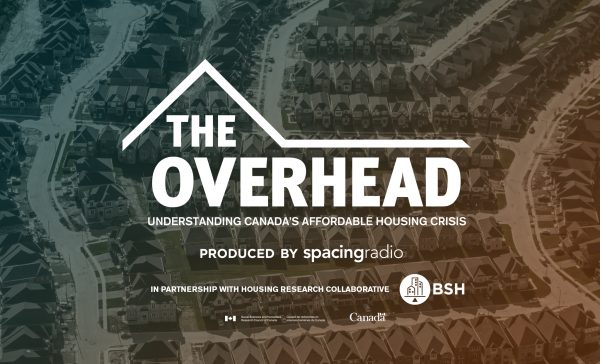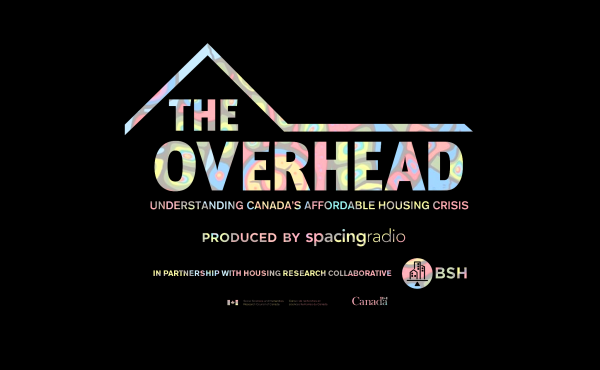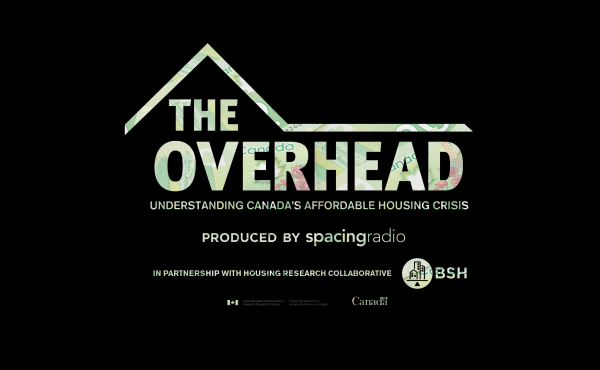Spacing and the Balanced Supply of Housing research node proudly present The Overhead: Understanding Canada’s Affordable Housing Crisis, a special podcast series.
THIS EPISODE: Breaking the addiction to high home values
We’re all used to headlines about impossibly soaring housing prices in Canadian cities: prices that leave many out of the market, and out in the cold. But this model of perpetually increasing home values is the dream for many owners. You buy a home, let it accumulate in value, and do whatever you can to insure that growing value isn’t threatened. But this model is unsustainable and leaves many people without proper housing options.
Dr. Paul Kershaw is a University of British Columbia professor, founder of Generation Squeeze, and author of the paper “Wealth and the Problem of Housing Inequity Across Generations.” He says these rising home values have changed what it means to be wealthy:
“We have to be cognizant of the fact that there is a cultural and political addiction to high and rising home prices for many in this country, because it makes us better off. And some people will resist that […] I’ll get angry emails: ‘I’m not rich!’ But what we need to have right now is more and more dialogue about who’s affluent and who’s not. And the rise in home values is so disrupting and transforming class dynamics.”
PARTNA is a Black-founded, Black-led organization working with multiple levels of government to let owners of detached and semi-detached houses add long-term, affordable units to their properties. Cheryll Case is the planning director and Jason Allen John is finance director. Cheryll says there are existing homeowners who are ready to break with the status quo and help make a change, and that’s where PARTNA comes in:
“There’s so many housing owners who are seeing the crisis of housing inaffordability who want to do something. They don’t know what to do. No one is reaching out to help them. We come in to help them build affordable housing.”
Can we really change the way we see housing from an asset garnering increasingly high value to a human right everyone should have access to?
Listen here for The Overhead:




